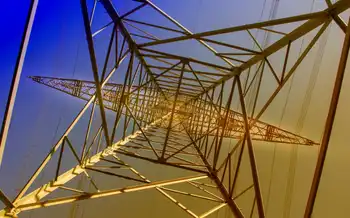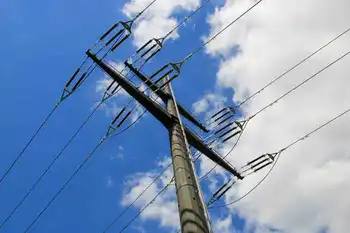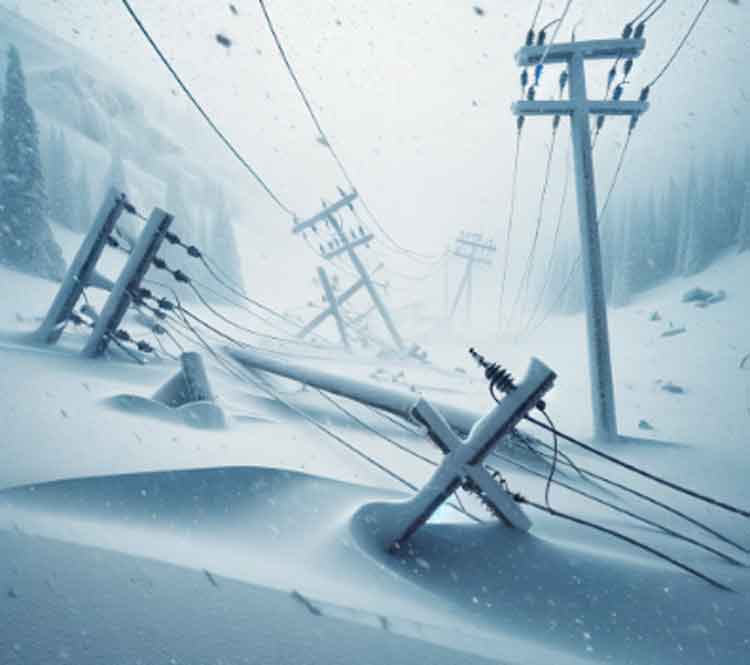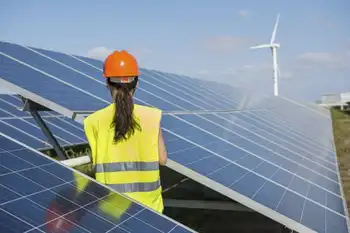Florida company looks to build wind farm in Illinois
Folks in quiet, rural DeKalb County are raising a ruckus at the possibility of 400-foot turbines next to their orchards, honeybees and livestock.
About 700 people gathered in a high school gymnasium at 9 a.m. on a recent Saturday for a public hearing on the proposed wind farm. By the time the project developer had fielded every question and concern, it was 4 a.m. Sunday.
"There are a lot of unknowns," said Paul Miller, the DeKalb County planning director. "People don't know what these machines will do."
As wind projects have expanded from remote, windy areas to more populated ones, developers have encountered fierce resistance from residents who want to keep them away. Some wind projects have been held up for years because of community resistance, experts say.
Perhaps the most famous "Not In My Back Yard" case has been the Kennedy family and other residents of Cape Cod, Mass., who for the last eight years have fought a plan to built the nation's first offshore wind farm, in part, because they say it would tarnish the natural beauty of Nantucket Sound.
West of Chicago, Florida-based NextEra Energy Resources wants to build 133 turbines in DeKalb and 18 in neighboring Lee County, none closer than 1,400 feet to homes.
NextEra said the farm would generate 226.5 megawatts for the electricity grid, enough to power 55,000 homes and help Illinois meets its renewable-energy goal of generating 25 percent of electricity from renewable resources by 2025.
Proponents say the project would also bring dozens of "green-collar" jobs and millions of dollars in property tax revenue. But opponents fear how the spinning turbines would impact their property values and peaceful prairie lifestyle.
For the project to go forward, NextEra, a subsidiary of FPL Group, needs a special-use permit from DeKalb County. The County Board is expected to decide on the permit in June at the earliest, Miller said.
To build a wind farm, a developer looks for three things: strong wind, access to transmission lines and compatible land use. With this proposed project, "we have all three of those things," said NextEra spokesman Steve Stengel.
But to get the approval of local officials, the company also needs a fourth thing: community support. To achieve that, developers often embark on robust public relations campaigns in the community, said Tyler Tringas, a wind energy analyst at New Energy Finance.
"If you can convince the local authorities that the property tax benefits outweigh the concerns of the local groups, you win out," he said. "More often than not, (the developer) ends up convincing the community it's in their best interest."
NextEra tried to make its case by highlighting the economic benefits to the community. At its peak, the project would create 300 construction jobs for local workers, plus roughly 20 permanent jobs to operate the wind farm, company officials said.
The company has signed contracts with four labor unions, including International Union of Operating Engineers Local 150, whose members have an unemployment rate of about 30 percent, said union spokesman Ed Maher.
NextEra is "talking about putting our own citizens to work and pumping some money into the local economy, and that's a good thing as far as we're concerned," Maher said.
Besides creating jobs, the company estimates it would pay DeKalb and Lee County about $42 million in property taxes over the next 30 years. The company would pay 75 landowners about $50 million to lease their land and 200 landowners living within three-quarters of a mile of a turbine $1,000 a year.
But residents remain wary. Kathy Bock calls the annual $1,000 payments "hush money." Bock, of Waterman, Ill., said she worries about how the drone from turbines might affect the honeybees that pollinate her apple orchard.
"There's no traffic (here), and you don't hear anything except birds singing," she said. The wind farm, she said, "would be constant white noise in the background."
Many residents don't want to look at turbines from their farmettes, or small-acre farms, where they keep horses and llamas. "I'm concerned we're prostituting our countryside," said Mel Hass of Shabbona, Ill.
Rick Porter, an attorney representing 46 landowners who object to the project, argues residents near the farm could suffer from wind turbine syndrome, a concept being studied by researchers in which low-frequency vibrations trigger headaches, anxiety and tinnitus.
Porter said he hired an expert who found that homes within a mile of a wind farm lose at least 25 percent of their property value. "When you decide you want to live somewhere, you usually don't pick an industrial turbine plant," he said.
Company officials say the turbines would make some noise but would comply with Illinois Pollution Control Board standards and federal guidelines. They said they have not seen property values decline at their 65 other wind farms in the United States and Canada. But they recently agreed to guarantee residents' property values by paying fair market value for a home that doesn't sell or paying a property owner the difference if a home sells for an amount below its appraised value without turbines.
Related News

Egypt, China's Huawei discuss electricity network's transformation to smart grid
CAIRO - Egypt and China's tech giant Huawei on Thursday discussed the gradual transformation of Egypt's electricity network to a smart grid, Egyptian Ministry of Electricity and Renewable Energy said.
Egyptian Minister of Electricity and Renewable Energy Mohamed Shaker met with Huawei's regional president Li Jiguang in Cairo, where they discussed the cooperation, the ministry said in a statement.
The meeting is part of Egypt's plans to develop its energy sector based on the latest technologies, it added.
During the meeting, Shaker hailed the existing cooperation between Egypt and China in several mega projects, welcoming further cooperation with China to…




